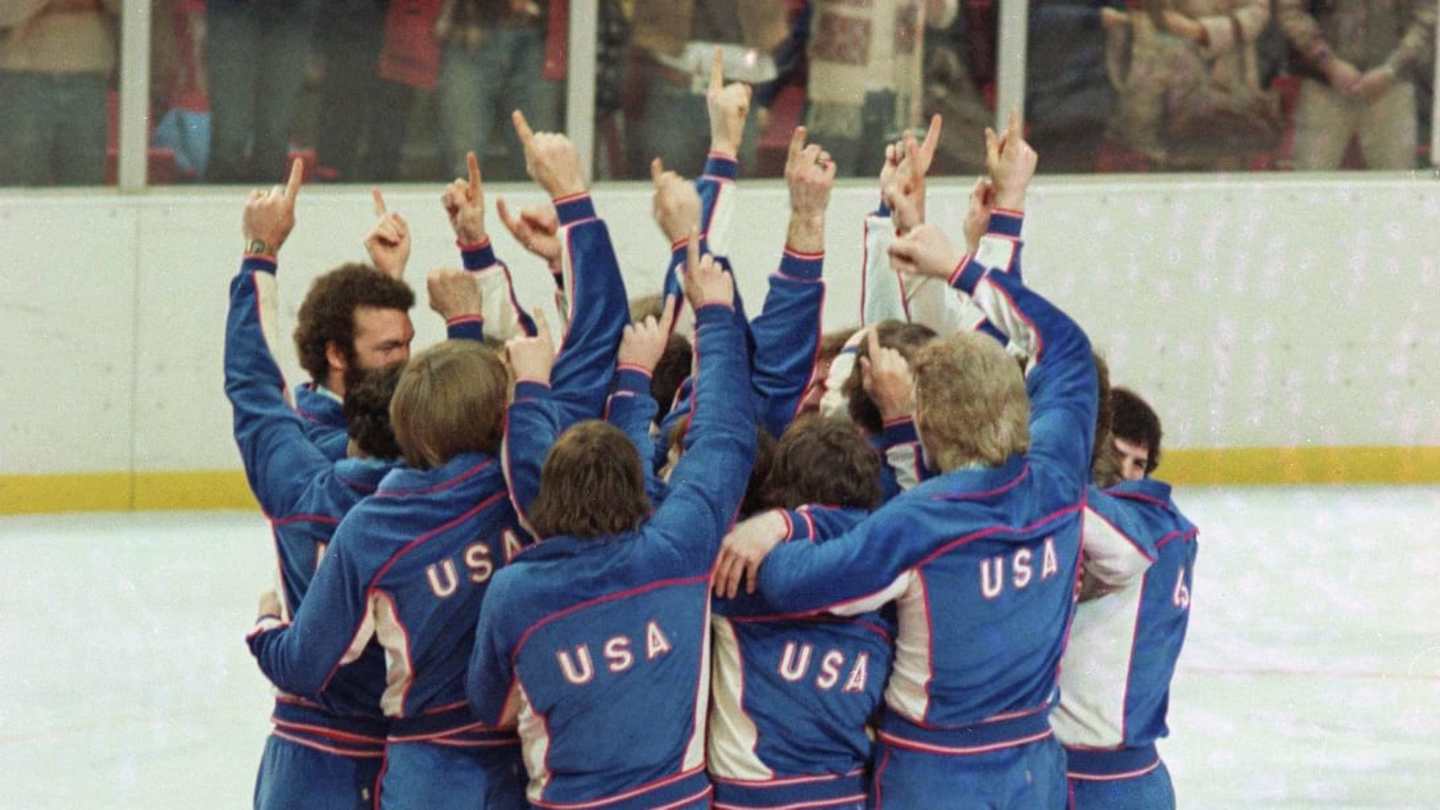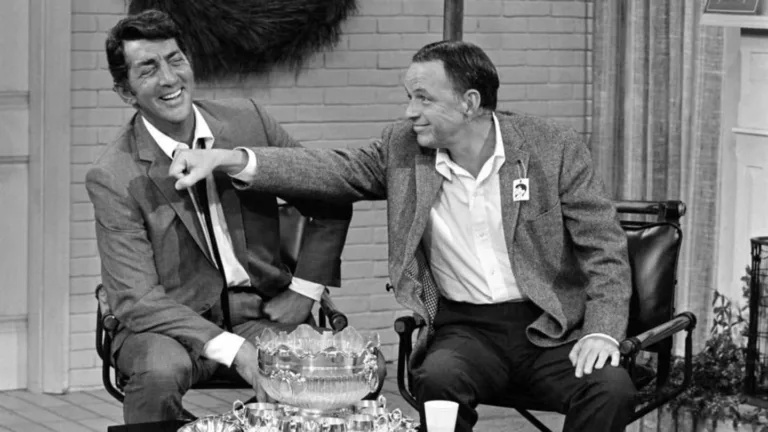The world of Olympic medals is often seen as a realm of pure triumph and prestige. These gleaming symbols of athletic excellence are coveted by athletes and fans alike, representing years of dedication, sacrifice, and hard work. But what happens when the weight of those accolades becomes too much to bear? What happens when personal needs or a greater purpose outweigh the perceived value of such a prestigious award?
This article delves into the fascinating stories of athletes who chose to sell their Olympic medals, often prioritizing personal needs or charitable causes over the seemingly immeasurable worth of the medal itself. These aren’t tales of despair or regret, but rather narratives of sacrifice, resilience, and the complex emotions that can accompany achieving the pinnacle of athletic success.
From covering medical expenses to supporting children’S Charities, these athletes demonstrate that the true value of an Olympic medal lies not just in its material worth, but also in its potential to inspire and make a positive impact on the world. It begs the question: Has anyone ever sold their Olympic medal for a reason greater than themselves? The answer, as you’Ll Discover, is a resounding yes.
Selling for Survival: Medical Expenses and Family Needs
Sometimes, the weight of personal responsibility can overshadow even the greatest athletic achievements. For some Olympic medalists, selling their medals becomes a necessary step to address pressing medical expenses or ensure the well-being of their families. These athletes make heart-Wrenching Decisions, prioritizing the immediate needs of loved ones over the sentimental value of their hard-Earned Accolades.
Mark Wells and Mark Pavelich, celebrated members of the 1980 Us hockey team, tragically found themselves facing insurmountable medical bills. Wells sold his gold medal to Cover His Own Healthcare Costs, while Pavelich auctioned his to secure a brighter future for his daughters. These men, who had once embodied national pride and sporting excellence, were forced to confront the harsh realities of life outside the Olympic arena, demonstrating that even champions can face Unexpected Challenges.
These stories serve as powerful reminders that behind every medal won, there are often deeply personal struggles and sacrifices made. They highlight the human side of sports, reminding us that athletes are not invincible and sometimes even heroes need Help Getting Through Difficult Times.
Charitable Causes: Athletes Giving Back
Some Olympic medalists choose a different path, Using Their hard-won achievements to inspire positive change in the world. Driven by compassion and a desire to make a lasting impact, these athletes donate a portion or even all of their medal’s proceeds to charitable causes close to Their Hearts. Their actions demonstrate that true success extends beyond personal accolades and encompasses making a difference in the lives of others.
Wladimir Klitschko, Boxing Gold Medalist From 1996, auctioned his medal to support his Foundation Dedicated To Promoting Children’s sports in Ukraine. Anthony Ervin, Swimming Gold Medalist From 2000, sold his medal on Ebay and donated the entire amount to victims of The Indian Ocean Tsunami. These athletes, recognizing the privilege they had been given, chose to use their platform for good, inspiring others to consider the power of giving back.
Their stories highlight a beautiful aspect of the Olympic spirit: its ability to inspire not just athletic prowess but also acts of kindness and generosity. It shows that the true value of an Olympic medal can be measured not only in gold, but also in the positive impact it can have on the world. Even though has anyone ever sold their Olympic medal for charitable reasons might seem like a strange question, the answer speaks volumes about the human spirit and the capacity for compassion within the sporting world.
 Hunter S Thompson Daily Routine: A Wild Ride Through Substance and Creativity
Hunter S Thompson Daily Routine: A Wild Ride Through Substance and CreativityBidding for a Good Cause: Online Auctions
The rise of online auctions has provided a unique avenue for Olympic medalists to contribute to worthy causes while engaging with fans worldwide. Websites like Ebay have become platforms where cherished pieces of sporting history can be bid on, with proceeds going directly to charities or personal endeavors. This digital marketplace allows for transparency and accessibility, connecting individuals passionate about supporting specific causes with athletes seeking to make a difference.
Anthony Ervin’s Decision To Auction His 2000 swimming gold medal on Ebay serves as a prime example of this phenomenon. By leveraging the global reach of Online Platforms, he was able to raise substantial funds for victims of The Indian Ocean Tsunami, demonstrating the power of technology in Facilitating Charitable Giving. The online auction format also adds an element of excitement and engagement, transforming the act of donating into a shared experience that unites athletes, fans, and supporters around a common goal.
This innovative approach underscores how traditional values like philanthropy and sportsmanship can be seamlessly integrated with modern advancements. It shows that even in the Digital Age, the human desire to make a Positive Impact Remains Strong, and online platforms provide powerful tools for amplifying these efforts.
Tommie Smith’s Unwanted Medal
Tommie Smith’s story stands apart as a unique and poignant chapter in the annals of Olympic medal selling. Smith, a gold medalist sprinter from the 1968 Mexico City Games, infamously raised a black-gloved fist during the medal ceremony, a powerful protest against racial injustice. This act of defiance made him a symbol of resistance but also brought him unwanted attention and ostracism.
Despite his legendary status, Smith struggled to find a buyer for his medal. He attempted to sell it twice, first in 1972 with an asking price of $50,000 and again in the late 1980s. Both attempts were unsuccessful, highlighting the complex emotions and societal Perceptions Surrounding His Historic Gesture. It seems that while many admired Smith’S Courage, some found his act too controversial To Embrace, even through ownership of a coveted Olympic medal.
Smith’s story serves as a powerful reminder that the legacy of athletes is often intertwined with social and Political Issues. It underscores the enduring impact of their actions and how personal beliefs can shape both public perception and Market Value, even in the seemingly apolitical world of sports memorabilia.
The Value Of Compassion
Ultimately, the stories of Olympic medalists who chose to sell their awards reveal a profound truth: the value of compassion often surpasses Material Worth. These athletes demonstrated that true success isn’t solely measured by gold medals or personal gain, but also by the positive impact they have on the world around them.
By choosing to donate proceeds from sales or auctioning their medals for Charitable Causes, these individuals exemplified a selfless spirit and unwavering commitment to making a difference. Their actions inspire us to consider the power of our own choices and encourage us to prioritize empathy and generosity in our lives. It reminds us that true fulfillment comes not just from achieving personal goals but also from contributing to Something Larger Than Ourselves.
The narratives surrounding these Olympic medals serve as a powerful reminder that sometimes the most valuable things in life are intangible – compassion, kindness, and the unwavering pursuit of making the world a better place.










